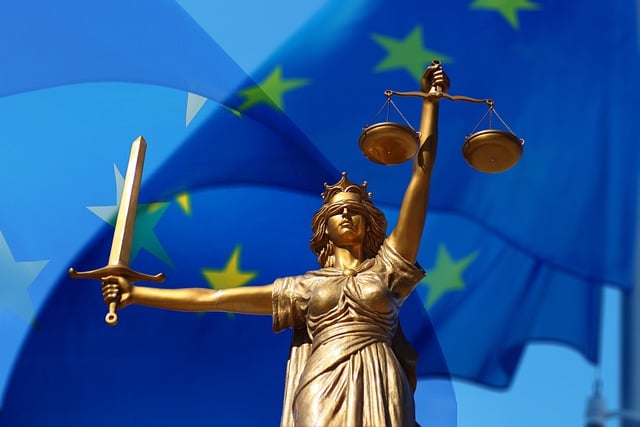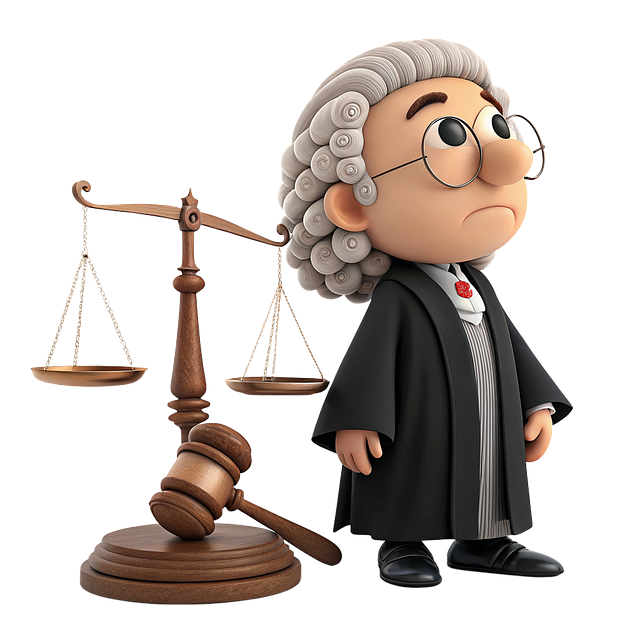Environmental Crime Trials tackle white-collar crimes that threaten ecosystems and communities, with a focus on consumer fraud where corporations mislead consumers with false environmental claims. The Consumer Fraud Class Action Lawsuit Process serves as a powerful mechanism to hold entities accountable, leveraging stringent regulations and penal codes. This process consolidates individual claims through lawsuits, seeking monetary compensation and uncovering systemic issues. Trials follow a meticulous legal journey from investigation to verdict, aiming to bring justice and promote sustainable practices by holding offenders accountable under consumer protection laws. Successful lawsuits can drive systemic changes in enforcement and foster corporate responsibility.
Environmental Crime Trials shine a spotlight on illegal activities damaging our planet, from pollution to habitat destruction. This article explores the legal landscape of these complex cases, focusing on understanding Environmental Crime Trials, the role of Consumer Fraud Class Action Lawsuits in holding polluters accountable, and the Process through which justice is served. We delve into real-world impacts and consider future implications for Environmental Justice.
- Understanding Environmental Crime Trials: Unveiling the Legal Framework
- The Consumer Fraud Aspect: How Class Action Lawsuits Fit In
- Process Overview: From Investigation to Verdict
- Real-World Impact and Future Implications for Environmental Justice
Understanding Environmental Crime Trials: Unveiling the Legal Framework

Environmental Crime Trials delve into complex legal landscapes, exposing and prosecuting white collar and economic crimes that pose significant threats to our ecosystems and communities. These high-stakes cases often revolve around consumer fraud, where corporations engage in deceptive practices related to environmental claims or product safety. A Consumer Fraud Class Action Lawsuit Process serves as a powerful tool for holding these entities accountable and ensuring justice for affected consumers.
The legal framework surrounding environmental crimes is meticulously crafted to address the unique challenges posed by these cases. By leveraging stringent regulations and penal codes, prosecutors aim to send a clear message that environmental misconduct will not be tolerated. Understanding this framework is crucial in navigating avoiding indictment and ensuring that corporate wrongdoers face the consequences for their actions.
The Consumer Fraud Aspect: How Class Action Lawsuits Fit In

In the realm of environmental crime trials, the consumer fraud aspect often takes center stage through class action lawsuits. These legal mechanisms empower a group of consumers who have suffered similar harm to join forces and hold accountable those responsible for ecological damage. By consolidating individual claims into a single case, the consumer fraud class action lawsuit process amplifies the impact and efficiency of justice. This collective approach not only seeks monetary compensation for victims but also serves as a powerful deterrent against future environmental transgressions.
The involvement of both philanthropic and political communities in these lawsuits underscores the broader societal interest in holding corporate and individual clients accountable for white-collar defense violations. As these cases navigate complex legal landscapes, they also expose systemic issues and drive conversations that lead to policy changes. Ultimately, successful class action lawsuits not only provide redress to victims but contribute to a more sustainable and just future for all.
Process Overview: From Investigation to Verdict

The process of Environmental Crime Trials, from investigation to verdict, mirrors a structured legal journey designed to bring justice to complex cases. It begins when authorities receive tips or uncover evidence suggesting environmental violations, often involving white collar and economic crimes. This initial phase involves gathering data, conducting interviews, and meticulously documenting potential infractions.
As the case progresses, prosecutors coordinate with law enforcement to build a robust consumer fraud class action lawsuit process. They analyze financial records, gather expert testimony, and assess the environmental impact to form a compelling narrative. The trial itself is a high-stakes legal battle where both sides present their arguments. Evidence is rigorously examined, witnesses are questioned, and legal strategies are employed to achieve extraordinary results. Across the country, these trials have set precedents for holding perpetrators accountable, ensuring that businesses and individuals responsible for environmental crimes face consequences and promote sustainable practices.
Real-World Impact and Future Implications for Environmental Justice

Environmental Crime Trials have a profound real-world impact, disrupting ecosystems, compromising public health, and depriving communities of their natural resources. These crimes often go undetected or unprosecuted due to complex regulatory frameworks and powerful corporate interests. However, successful Consumer Fraud Class Action Lawsuits can serve as catalysts for environmental justice. By holding offenders accountable through the respective business’s consumer protection laws, these lawsuits not only provide financial compensation but also drive systemic changes in the enforcement process.
Looking ahead, the lessons learned from these trials suggest promising future implications across the country. As awareness grows and legal strategies evolve, all stages of the investigative and enforcement process will likely become more robust. This could lead to stricter regulations, enhanced monitoring, and increased penalties for environmental crimes, fostering a culture of corporate responsibility and environmental stewardship.
Environmental crime trials, with a focus on consumer fraud through class action lawsuits, highlight the intersection of environmental protection and legal justice. Understanding the process from investigation to verdict is crucial for navigating these complex cases. As the fight for environmental justice continues, the real-world impact of successful trials underscores the importance of holding perpetrators accountable. Future implications suggest a more robust legal framework, empowering communities to take on powerful entities and ensuring a greener, fairer future. Through these trials, we witness not just a legal battle, but a step towards a sustainable and just society.






